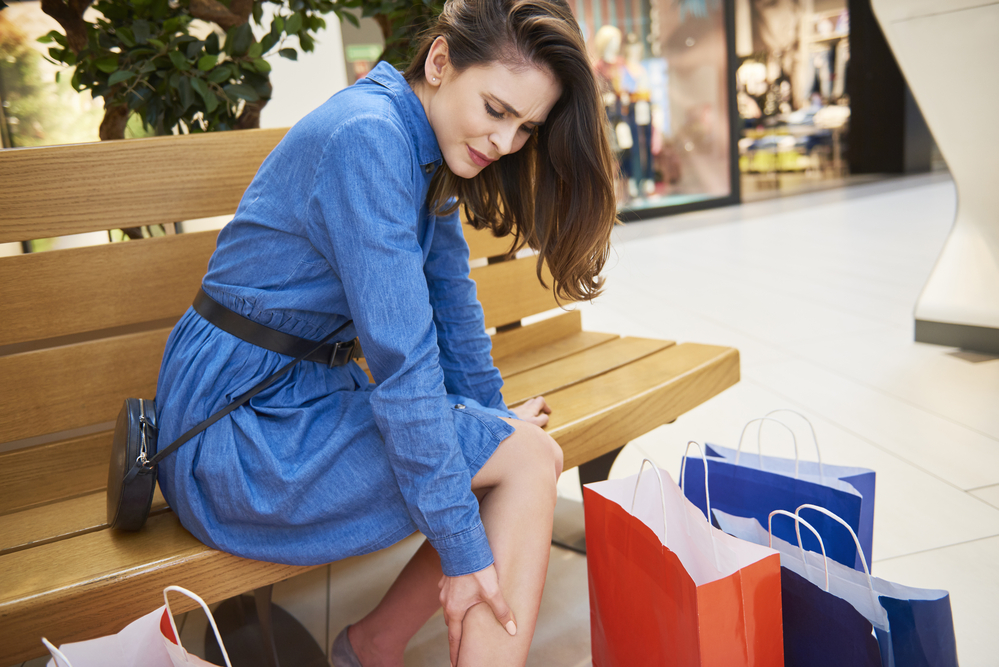 The holiday season often brings bustling crowds, decorated stores, and an atmosphere of joy. However, amidst the festive cheer, accidents can happen, and shopping venues become prime locations for potential injuries. From slip and falls to overcrowding incidents, navigating a bustling shopping environment can sometimes lead to unexpected mishaps. In such cases, determining liability for injuries sustained while shopping becomes crucial.
The holiday season often brings bustling crowds, decorated stores, and an atmosphere of joy. However, amidst the festive cheer, accidents can happen, and shopping venues become prime locations for potential injuries. From slip and falls to overcrowding incidents, navigating a bustling shopping environment can sometimes lead to unexpected mishaps. In such cases, determining liability for injuries sustained while shopping becomes crucial.
Understanding Premises Liability in Shopping Areas
Premises liability in shopping areas revolves around the legal responsibility of property owners or businesses to ensure a safe environment for visitors. When individuals enter a store or mall, they are owed a duty of care by the property owner or occupier. This duty entails taking reasonable steps to prevent foreseeable harm to anyone lawfully present on the premises.
The concept of premises liability hinges on several factors, notably the legal status of the visitor. Visitors are often categorized as invitees, licensees, or trespassers, each category bearing different levels of legal protection.
Establishing liability in a shopping-related injury case involves demonstrating that the property owner knew or should have known about a hazard and failed to take reasonable steps to address it. Factors such as the duration of the hazard's existence, whether warnings were provided, and the foreseeability of the danger all play crucial roles in determining negligence.
Moreover, the nature of the hazard itself is essential. Was it a spill left unattended for an extended period, an uneven walkway without warning signs, or inadequate security leading to an incident? Understanding the specifics of the hazard and how it could have been prevented is pivotal in determining liability.
Property owners or businesses may also be held accountable for negligent hiring or training of staff, failure to provide adequate lighting or security, or ignoring known risks that led to an injury.
Understanding your rights in a shopping-related injury case involves recognizing the duty of care owed to visitors and establishing negligence on the part of the property owner or business. Seeking legal counsel can significantly aid in pursuing rightful compensation for injuries sustained while shopping.
Common Holiday Shopping Injuries and Their Causes
During the holiday rush, a myriad of incidents can occur, leading to injuries. Slip and falls often result from wet or slippery floors due to spills, inadequate cleaning, or weather conditions. Overcrowding can lead to accidents such as tripping, being bumped into, or even incidents involving shopping carts.
Moreover, poorly maintained walkways, defective escalators or elevators, inadequate lighting, and negligent security can contribute to injuries. Identifying the specific cause and negligence behind an injury is crucial in determining liability.
Establishing Liability: Key Considerations
Proving liability in a shopping-related injury case necessitates thorough investigation and evidence collection. Documenting the scene, gathering witness statements, obtaining incident reports, and seeking immediate medical attention are pivotal steps to take following an accident.
Additionally, understanding the concept of 'reasonable care' and whether the property owner fulfilled their duty by taking preventive measures is crucial. Was the hazard foreseeable? Could the owner have prevented the accident by taking reasonable precautions?
Navigating Legal Recourse and Seeking Compensation
When injured while shopping, victims often wonder about seeking compensation for medical bills, lost wages, pain, and suffering. Consulting a skilled personal injury attorney can help evaluate the case, negotiate with insurance companies, and pursue legal action if necessary.
If you've suffered an injury while shopping and believe negligence played a role, don't hesitate to seek legal counsel. Our experienced attorneys at The Harr Law Firm are here to offer professional guidance and advocate for your rights. Contact us today for a free consultation to discuss your case and explore the possibilities of obtaining rightful compensation.
Remember, time is of the essence in personal injury cases, as statutes of limitations apply. Don't let a shopping-related injury burden you physically, emotionally, or financially. Let us help you seek justice and rightful compensation for your suffering.